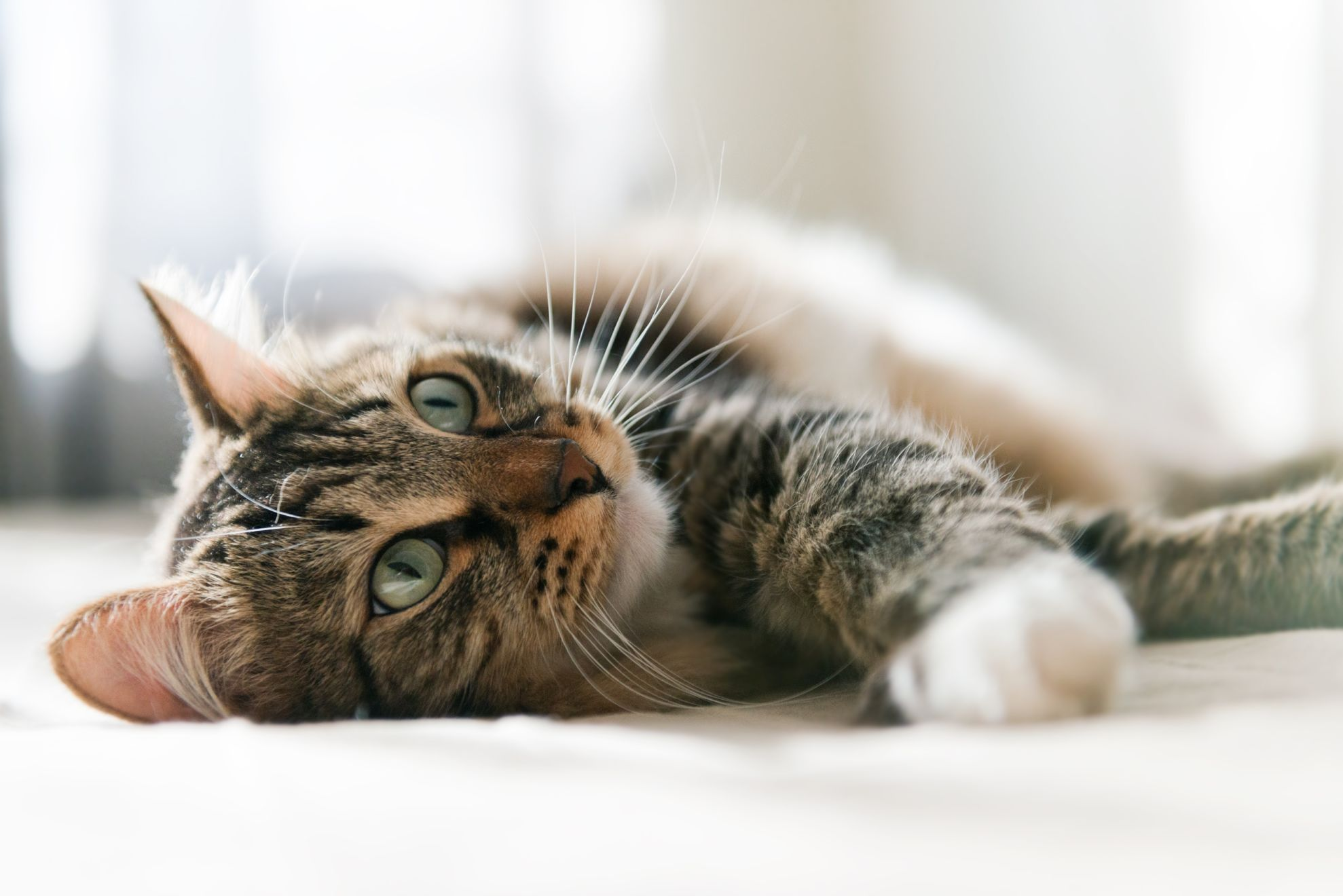What is IBD in cats?
IBD, or inflammatory bowel disease, refers to inflammation of the gastrointestinal tract. Read more to learn about the disease, how to spot the signs, and help your pet who could be suffering from it.
Article

How common is IBD in cats?
IBD is an inflammatory condition that affects the stomach and/or intestines of your cat. It is also known as chronic inflammatory enteropathy. Enteropathy refers to issues impacting the gastrointestinal tract.
What are the signs of IBD?
The most common sign of IBD in cats is weight loss. Furthermore, depending on the impacted region of the gastrointestinal tract, cats can experience the following
- Vomiting
- Diarrhea
- Reduced appetite
- Reduced activity
How is IBD diagnosed?
Your cat will need to be diagnosed by a veterinarian. Bloodwork can help assess the severity of the issue. Based on your cat's response to initial treatment, the veterinarian may recommend an intestinal biopsy.
How to prevent IBD?
The cause of IBD is unclear but may be due to an interaction between genetics, environment, immune function, and the intestinal microbial population.
Can cats recover from IBD?
IBD is complex condition, and management strategies should be tailored to each cat. Many cats will require lifelong care, long-term management should be adjusted depending on how the cat responds to initial treatment.
What to feed your cat struggling with IBD?
If your cat is suffering from IBD talk to your veterinarian about how diet can help. Some cats will respond to diet alone, while others may require medical management. Regardless, supporting gastrointestinal health with diet is important.
Sources
- 1,2 Marsilio S. Feline chronic enteropathy. J Small Anim Pract. 2021 Jun;62(6):409-419. https://pubmed.ncbi.nlm.nih.gov/33821508/ </span>
Like & share this page